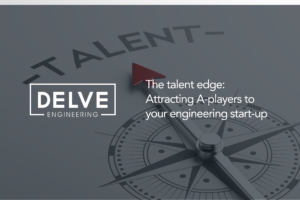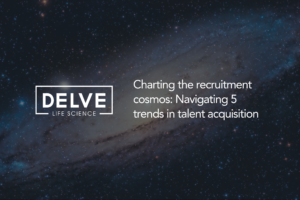


From the moment an employer advertises that they have a role to fill, both employers and candidates wish they could click their fingers to speed through the process. Newly hired workers are often keen to dive into their new role, and employers want to increase their productivity through hiring a new team member.
The length of the hiring process varies from country to country and from industry to industry: in an analysis conducted in August this year, LinkedIn found that the sectors with the longest median hiring processes were engineering (49 days) and research (48 days). Larger corporations with bigger HR departments are also likely to have longer processes and to ask candidates to meet more people during the assessment stage.
But is there an advantage to hanging on during what seems like an interminable hiring process? Research has shown that employers who use structured interviews which involve preparing questions and activities ahead of time find better, more engaged new recruits than those who use unstructured interviews. Adopting such an approach obviously takes more time than simply talking through a candidate’s CV. Additionally, if multiple people are involved in the hiring process, there is a lower chance of the interviewee falling prey to the biases of any one individual. Doing so can however make the overall process more time consuming.
On the other hand, long recruitment processes can harm the employer, especially if poor communication results in candidates waiting for weeks on end for an update or for a second interview. Prospective candidates could lose interest in the job altogether if they perceive the employer to be inconsiderate. A process that feels too long could indicate that the job isn’t a good fit, but equally there are downsides to racing through the hiring process. Doing so can end up in a bad hire for the employer, which makes for a miserable experience for the employee, and a higher chance of resignation and termination.
So it would seem that applicants would do well to persist through a lengthy hiring process. Brent Smith, associate professor of management and psychology at Rice University, Houston suggests that ‘the more thoughtful the organisation is in making decisions, the better the long-term outcome is going to be for both the applicant who gets hires and the organisation’. Managing expectations and clear and frequent communication could improve the process for both parties: employers need to demonstrate flexibility and recognise that the perfect candidate does not exist, and applicants need to be realistic about how long employers need to assess suitability.
Source: https://www.bbc.com/worklife/article/20211020-why-hiring-takes-so-long





